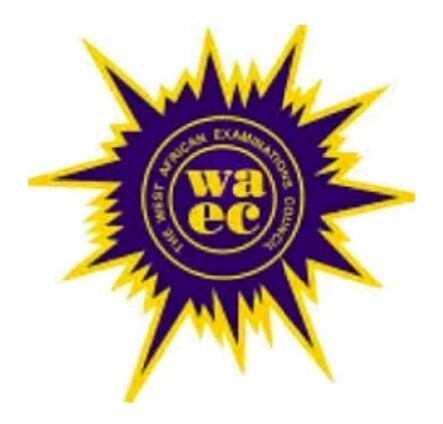Studying effectively for the West African Examination Council (WAEC) Office Practice subject is crucial for exam preparation.
This subject serves as a roadmap, providing aims, objectives, and essential notes for a successful performance in the examination.
In this blog post, we will delve into the various topics covered in the Office Practice syllabus, highlighting its importance and recommending a useful textbook for further study.
Exam Structure:
The Office Practice examination consists of two papers: Paper 1 and Paper 2, which are taken in a single sitting.
Paper 1: Paper 1 comprises fifty multiple-choice objective questions, to be completed within one hour. This section carries 50 marks and assesses your understanding of key concepts.
Paper 2: Paper 2 features a case study question and six essay-type questions. Candidates are required to answer the case study question and any four of the other questions. This paper carries 100 marks and has a duration of 2 hours and 10 minutes.
Detailed Syllabus:
- The Office:
- Definition of the office.
- Functions of the office.
- Layout of the office.
- Principles of office organization.
- Office procedures.
- Sections of the office.
- Departments in an Organization:
- List of departments in an organization.
- Functions of each department.
- Organizational chart.
- Office Equipment:
- Meaning of office equipment.
- Types of office equipment: manual and electrical.
- Uses of office equipment.
- Care of office equipment.
- The Reception:
- Meaning of the reception.
- Duties of the receptionist.
- Documents handled by a receptionist.
- Qualities of a receptionist.
- Procedures for handling telephone calls.
- Office Documents:
- Meaning of office documents.
- Types of office documents: administrative, sales, stores, purchasing.
- Uses of office documents.
- Preparation of office documents.
- Office Correspondence:
- Meaning of office correspondence.
- Types of office correspondence: memos, business letters, notice of meetings, minutes of meetings, reports, and circulars.
- Mail:
- Types of mail: personal, official, urgent, confidential.
- Classification of mail: incoming and outgoing.
- Procedures for handling incoming and outgoing mail.
- Filing:
- Definition of filing.
- Systems of filing: vertical, lateral, electronic.
- Classifications of filing: alphabetical, chronological, numerical, geographical, alpha-numerical, subject.
- Purposes of filing.
- Steps involved in filing.
- Filing equipment.
- Communication:
- Definition of communication.
- Importance of communication.
- Types of communication: verbal, oral, written, non-verbal, visual, audio, audio-visual.
- Methods/Media of communication: print and electronic.
- Communication service providers: NIPOST, NITEL, media houses, satellite stations, the internet, GSM.
- Meetings:
- Definition of a meeting.
- Purpose of a meeting.
- Types of meetings: statutory, emergency, board, management, annual general, staff, and committee meetings.
- Procedure for conducting a meeting.
- Roles of the chairman/secretary in writing the minutes.
- Meeting terminologies.
- Report Writing:
- Meaning of a report.
- Types of reports: formal, short, long, investigative, routine/periodic.
- Parts of a report.
- Importance of report writing.
- Information:
- Definition of information.
- Types of information.
- Uses of information.
- Sources of information.
- Storage of information.
- Qualities of good information.
Recommended Textbook:
“Modern Office Practice for Vocational Business Students” by Amadin, M.S. This comprehensive textbook covers all the necessary topics and provides further insights to enhance your understanding of Office Practice.
Conclusion
Mastering the Office Practice subject is vital for excelling in the WAEC examination.
By following the syllabus and thoroughly studying the recommended textbook, you will gain a solid foundation in various office-related concepts, procedures, and communication techniques.
Best of luck with your exam preparation!






